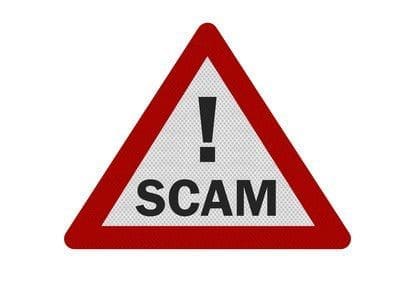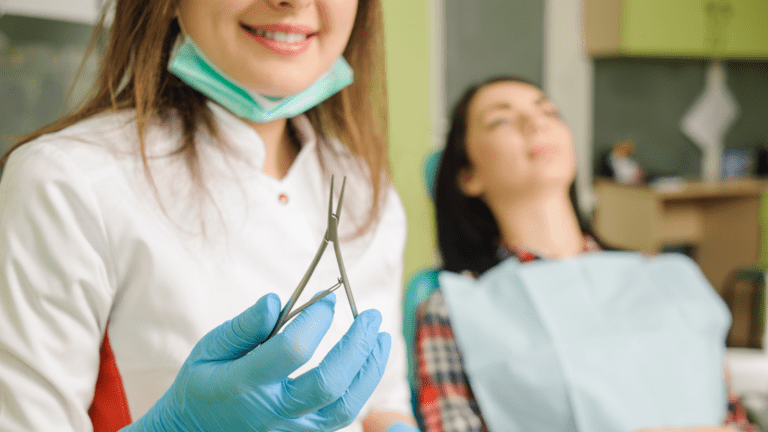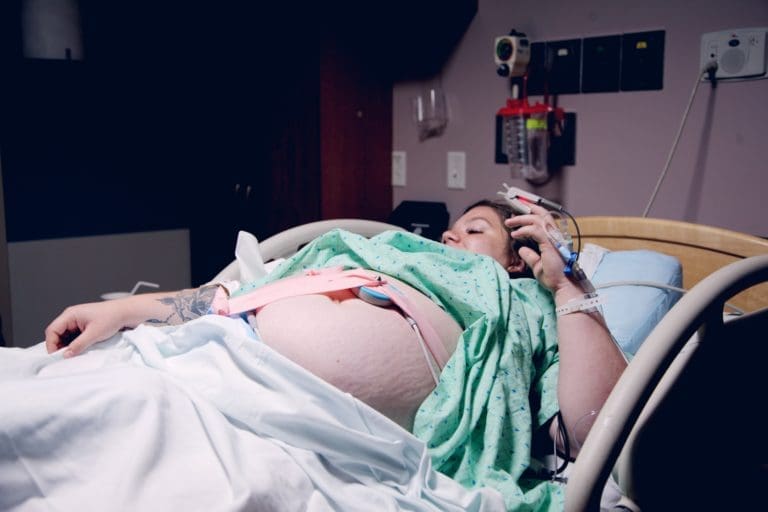Can You Treat Your Child’s Alcoholism at Home?

There’s nothing worse than seeing your child ill, so when you discover your child is suffering from addiction, it can provoke all manner of emotions. You’ll be hurt, shocked, angry, and, most of all, worried about the welfare of your child.
But it does happen, and you won’t be the first parent to go through it. In the USA alone, around 500,000 children have alcohol problems, and many famous people such as Lady Gaga and Lana del Rey have spoken about their problems with the substance when youngsters go on to have superstar careers in recovery. So there’s hope there too.
But what next for your child? If you have a child who is suffering from alcohol addiction, then you, of course, want to help them. The need to go to alcohol rehab is perhaps the thing that is calling most and will give them the best possible opportunity to get their life back on track. However, it also comes at a cost.
If you can afford to put your child through rehab, great, but many parents also look to home-treat their child. And that all begins with withdrawal. Putting your child through withdrawal at home can be incredibly difficult and comes with health risks that you will need to monitor carefully.
It can be done with the appropriate support and a tailored detox plan, and you can put a system in place to help them get back on track. While it’s unlikely to be as fast as going through rehab, it can still be successful. So, how do you do it?
Put them through withdrawal
The most difficult stage is the withdrawal process. This is where your child will stop drinking, and all the toxins from alcohol will work their way out of the system. There are a lot of side effects your child will suffer at this point, which can be very tough to see, from sickness to loss of appetite, temperatures, and even delirium tremens in some cases – which can require medical attention.
To set up your home for withdrawal, make sure all alcohol is out of the house to avoid relapse when the cravings kick in and ensure there is a steady stream of support and monitoring of your child in case they do need medical attention.
Find a treatment program
Once out of withdrawal, the hard work starts. While you’re not going to be able to put together a completely professional treatment program, you can do what you can to make sure your child is supported and taking part in activities that many rehabs put you through.
Yoga and meditation are a big part of that, and you’ll find that adopting that as part of their routine will start them thinking more clearly and be more focused on tackling their addiction.
Alongside this, you can try and book them into consultations or visit special AA meetings for young people that will allow them to communicate with others going through a similar illness.
Ensure that they are eating healthily, with a well-balanced diet, again to keep the mind clear, while alcohol in the home should be a complete no-no. If they’re giving up, you perhaps should be too.
Avoid temptation
In the early stages of recovery, especially, make sure that any scenarios where alcohol could be tempting are removed from their lives. That may be family parties, Christmas periods, and so forth. Of course, you can’t cancel Christmas, but make it an environment that is fully sober, and anyone partaking in your celebrations is doing so sober.
This will set them up to be able to conquer such challenges throughout their life and hopefully stay on track with their recovery for the rest of their life.









